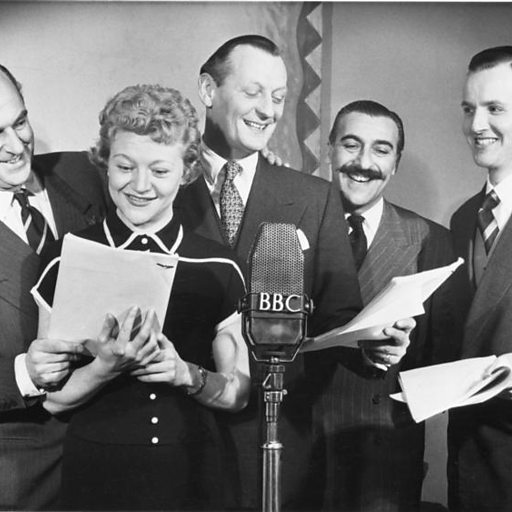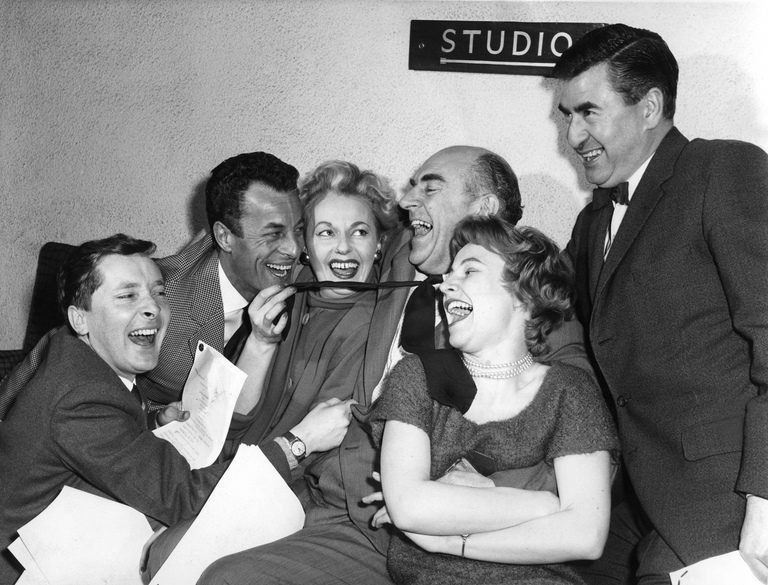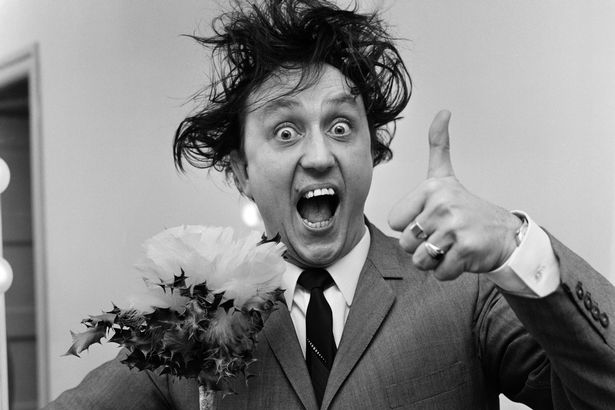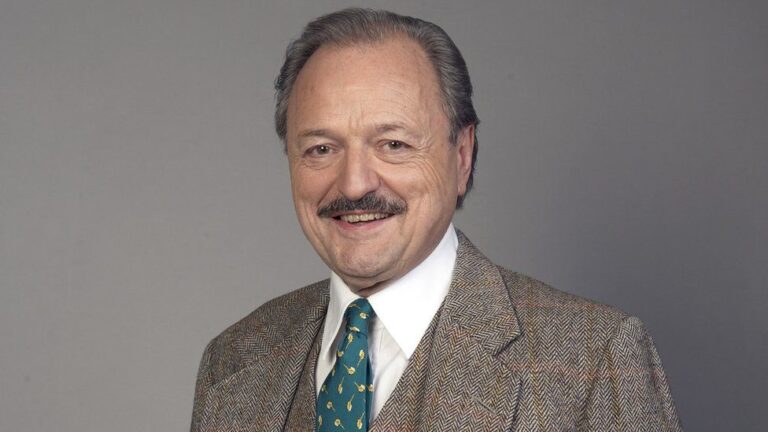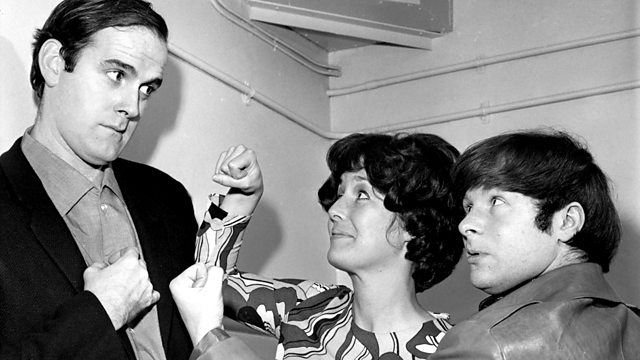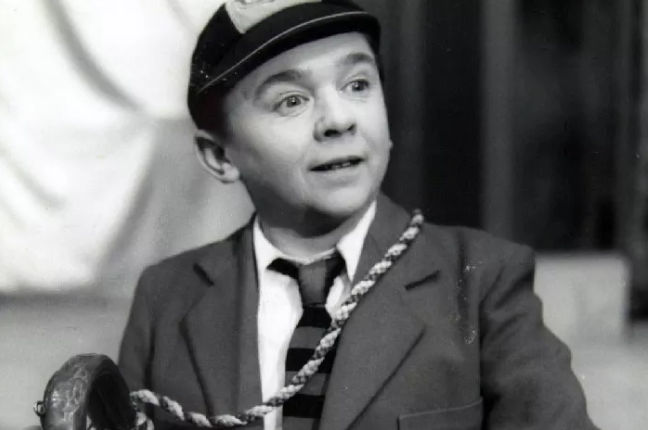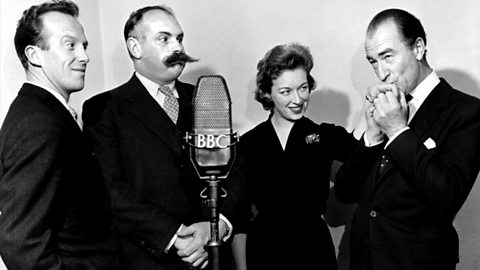Much Binding in the Marsh
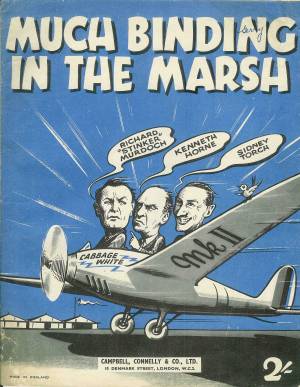
Much-Binding-in-the-Marsh was the title of a comedy BBC radio and Radio Luxembourg show broadcast from 1944 to 1954, starring Kenneth Horne and Richard Murdoch as senior staff in a fictional RAF station battling red tape and wartime inconvenience. Over the years the station turned to non-combatant operations, became a country club (“the proposed membership drive has been canceled as it is far cheaper to give everyone a bus ticket”) and finally a newspaper, The Weekly Bind.
The programme’s title may have been inspired by the RAF station at Moreton-in-Marsh, along with the word “binding”, period RAF slang for whining or complaining. One of the most fondly remembered parts of the show was the closing theme tune, with topical lyrics each week referring to the plot of the episode, written and sung by members of the cast.
During WW2, there was a radio show for the Services called “Merry Go Round which comprised of three separate series: one for the Army, one for the Navy, and one for the Royal Air Force. These rotated so that each was heard once every three weeks. The Army show was “Studio Stand Easy”, starring comedian Charlie Chester.
He was actually an Army Sergeant when the show was conceived, having been called-up following the outbreak of war. Unbelievably, he was actually ordered by his commanding officer to write a smash-hit radio show! This, he later remarked wryly, was easier said than done. But he was a first-rate comedian, who, like Kenneth Horne, continued to be very successful on the radio well into the 1960s.
The Navy’s contribution to “Merry Go Round”, initially entitled “H.M.S. Waterlogged”, starred light comedian

Eric Barker, supported by Jon Pertwee (who was later to have big successes in the BBC radio comedy “The Navy Lark” and on television as the third Doctor Who).
After the war, “H.M.S. Waterlogged” evolved into “Waterlogged Spa”, with the Naval Base becoming a health spa as the show continued into the post-war period. Many of the characters who Pertwee played in this show would later reappear in “The Navy Lark” in the 1960s!
The Air Force show, “Much Binding in the Marsh”, was the most successful of these, to judge by how long it lasted.
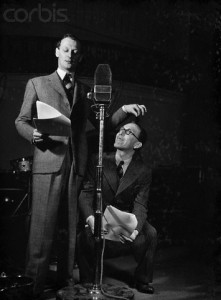
Broadcast by the BBC and Radio Luxembourg from 1944 to 1954, Much-Binding-in-the-Marsh was a radio comedy about a fictional RAF station which starred Richard Murdoch, who had previously appeared alongside Arthur Askey in the pre-war “Band Waggon”, and Kenneth Horne, who is now remembered mainly for his 1960s heyday in the two satirical successes “Beyond Our Ken” and “Round the Horne”.
During the run of the show, the RAF station changed from combat operations to becoming a country and finally a newspaper, The Weekly Bind. The programme’s title is thought to have been inspired by the RAF station at Moreton-in-Marsh. The word “binding”, was RAF slang for moaning or complaining.
One of the most fondly remembered parts of the show was the closing theme tune, which was unique each week as topical lyrics referring to the plot of the episode were written and sung by members of the cast. Other cast members included Sam Costa, Maurice Denham, Maureen Riscoe, Dora Bryan and Nicholas Parsons.
Musical interludes were provided by Stanley Black and the Dance Orchestra, and songs from Helen Hill. The cast was occasionally joined by special guests; a prominent example of this was the Hollywood star, Alan Ladd. Maurice Denham, in particular, played an important part in the programme, playing a multitude of roles of varying gender and age. These included Mr. Blake the Sexton (the name a homage to the fictional detective
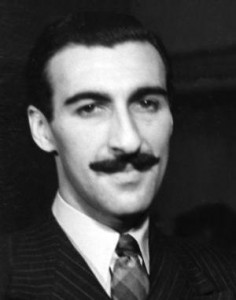
Sexton Blake), the local Vicar, Mrs. Dinsdale, young Percy, and others.
The BBC canceled the show in 1950 and it was transferred to Radio Luxembourg but returned to the BBC in 1951 until its run ended in 1954.
In 1970, two of its stars (Murdoch and Costa) appeared on several episodes of Frost on Sunday where they performed more comical lyrics to the theme tune. The show is also sometimes said to have popularised the term “Disgusted of Tunbridge Wells” for newspaper correspondents.
Kenneth Horne and Sam Costa subsequently reprised their roles from Much-Binding-in-the-Marsh in an episode of Men from the Ministry first broadcast on 21 April 1968 entitled Four Men in a Wellington. Although not specifically mentioned, the response of the audience and Sam Costa’s catchphrase ‘Good morning Sir, was there something?’ are obvious references to Much-Binding-in-the-Marsh
Catchphrases
“Good morning Sir, was there something?” – Sam Costa, batman
“Oh, I say, I am a fool!”
“Have you read any good books lately?”
“Leave it with me, sir”
“Leave it with him, sir”
“Would you like to see my puppies?”
“Not a word to Bessie”
“Did I ever tell you about the time I was in Sidi Barrani?”
Those factors have made BBC recordings from this period rare. Luckily a few episodes of Much Binding in the Marsh still exist.

